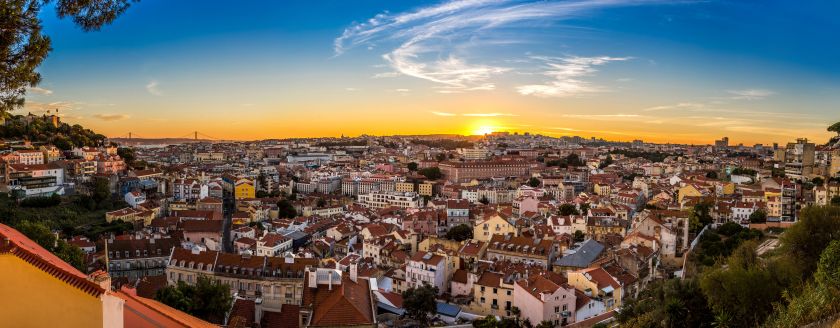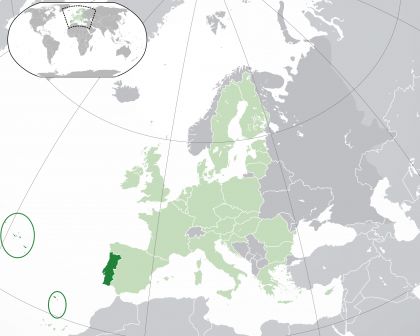Jurisdiction guide: Portugal 🇵🇹

This small country at the western edge of Europe has had a special place in my heart since I first moved there about a decade ago.
Note: Below this introduction to Portugal you’ll find all our articles and guides about Portugal, as well as a list of local experts you can reach out to if you want professional help.
For a long time it seemed the world had forgotten about this wonderful country—but no longer. For the past few years it seems it has become one of the hottest destinations for both tourists, (often wealthy) expats, digital nomads, retirees, and tech companies—not just in Europe, but worldwide.
Fact box 🇵🇹
- Population: 10.23 million (2019)
- Area: 92,212 km2
- Capital: Lisbon
- GDP/capita (PPP): $33,665 (2019)
- Government: Unitary semi-presidential constitutional republic
- Language: Portuguese
- EU & NATO member, part of Schengen Area
- Currency: Euro
- Time zone: Western European Time (UTC+0)
- Average days of sunshine: ~300 per year
- Human Development Index: #40 (2019)
And I get it. From probably the best climate in Europe, to the endless beaches, interesting history, convenient lifestyle, and the friendliness of the Portuguese people—it has a lot going for it.
In recent years it has become even more attractive with its Non-Habitual Residency (NHR) and Golden Visa (GV) programs. The former gives preferential tax treatment immigrants with certain types of foreign income (investments, pensions, etc) and the latter is a way for non-EU citizens who make a qualifying investment to acquire residency and eventually citizenship without the need to spend a lot of time in the country. If you need legal or financial/tax advice, we have compiled a list of the most popular service providers among our readers here.
While it is now dealing with some inevitable challenges arising from the massively increased tourism numbers and skyrocketing housing costs in cities like Lisbon, it still tops my list over most livable countries—at least as long as you have income from abroad. Portuguese wages are nothing to write home about, and few locals can afford to live in or even near downtown Lisbon—an unfortunate trend which the government is trying to counter.

(Source: Wikimedia—CC BY-SA 3.0)
Moving to Portugal
Immigrating to Portugal is super simple if you’re an EU/EEA citizen. If you’re not, you should be prepared to deal with at times slow bureaucracy. How bad it is depends a lot on where you’re from, but it ranges from a mild to at least medium pain in the butt.
Once settled, it’s less of an issue. Government e-services are actually quite good, and you can take care of a lot of routine things online: from scheduling doctor’s visits, accessing your health records, updating your address, submitting tax returns, and many other things.
There are plenty of visa options for those looking to make the move to Portugal, so there’s no need to shell out for the Golden Visa if you’re planning on actually living in Portugal most of the year.
Banking in Portugal
While no financial center by any stretch of the imagination, Portuguese banks are generally quite easy to deal with and opening an account is doable for most nationalities without much fuzz.
The only pre-requisite is that you get a Portuguese tax number (NIF), which is itself quite simple even for non-residents.
Buying property in Portugal
Portugal has proven to be a very popular real estate market over the past decade, both among expats and Golden Visa investors. If you fall into the latter category, you may want to check out our extensive database over currently available and Golden Visa-eligible property developments.
Legal advice
The following law firms come highly recommended by our community members, whether you’re in the process of investing in or immigrating to Portugal. If you are looking for expert advice, consider checking out their profiles and reach out to them if you think it’s a match for your needs.